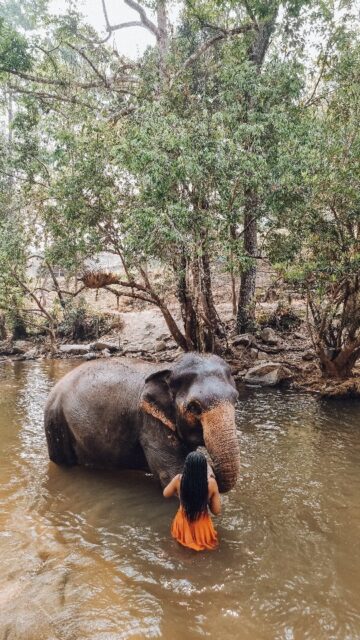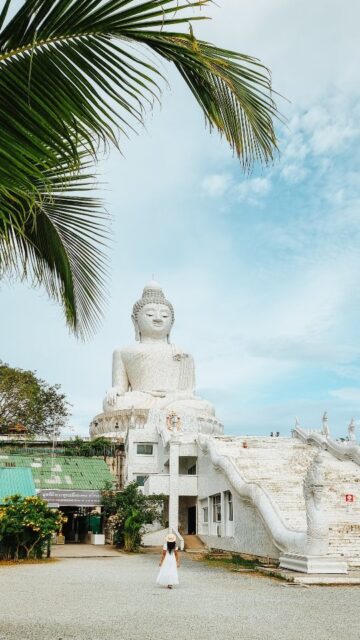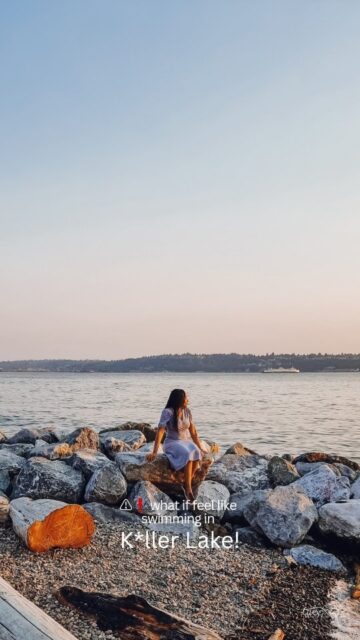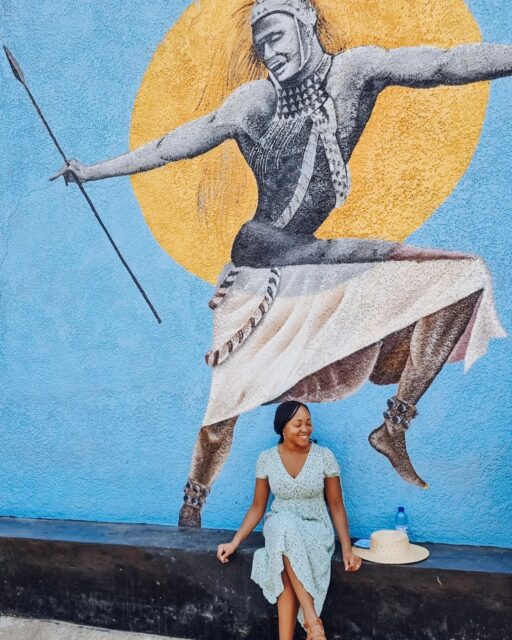When it comes to visa applications in Nigeria, there are certain key things to be aware of (especially for first-time travellers). As you already know (if you own a Nigerian Passport), visas to several countries can be hard to come by. Luckily, there are a few tips on what to do and what to avoid in order to increase your chances for a successful application. I’ll share them below;
What's Covered in this Post
Dos:
 Apply on time
Apply on time
Give yourself enough time between your travel dates and your visa application date. The average processing time in Nigeria is usually between 10-15 working days. Some embassies take lesser, some take more. Processing times may also vary depending on the number of applications received by the embassy.
Generally, it’s best to apply for your visa from three months to three weeks before you have to travel. If you’re applying for visas like the US American or Indian visas that need you to select an appointment date, you should start the process as early as you can.
Use the services of an agent when it makes sense
When the question comes, whether or not to use the services of a travel agent or consultant, you should ask yourself, ‘Do I really need one? What services are being provided for me?’ And if you do decide to use an agent, make sure to use one who is trusted and tried. Personally, I apply for most of my visas by myself but I’ve used the services of travel consultants where it made logical sense. For example, for my trip to Morocco, I decided to use the services of Globe Jaunters and Naija Nomads who got my visa to me in record time.
 Applying for that visa myself meant I had to travel to Abuja to submit my documents and then travel back to retrieve it. When I factored in the costs for flights and accommodation plus my acute fear of flying, it made sense to use a consultant.
Applying for that visa myself meant I had to travel to Abuja to submit my documents and then travel back to retrieve it. When I factored in the costs for flights and accommodation plus my acute fear of flying, it made sense to use a consultant.
Have the right information and documents for your application
Be careful to input only correct data when filling out forms for your application. Once you’re done, be sure to print out everything you need before going to submit them at the embassy or processing centre. Not doing so may prove very costly.
For example, photocopying a document close to the American embassy can cost more than N1,000 per page. Compared to N20 you pay when you do it elsewhere, this is just outrageous. Find out what documents you need beforehand and print/photocopy them before going to submit.
Build a travel history
Some countries require that you have some travel history before applying to their embassies. The best way to avoid the chicken-or-the-egg scenario as a first-time traveller is to travel to countries where you can get a visa on arrival. I mean countries that put a visa sticker in your passport.

Countries in East Africa are best suited for this. There are also countries with a fairly easy application process. These should be your first options.
Dress smartly for interviews and show up early
If you’re invited for an interview, dress smartly. You may decide to wear a traditional outfit or pants – it should not matter. As long as you look smart and put together, you would be fine.
 I usually opt for the kind of clothes I can wear to work. A smart dress is usually my go-to outfit.
I usually opt for the kind of clothes I can wear to work. A smart dress is usually my go-to outfit.
Now that we’ve handled the ‘Dos’, here are some things to completely avoid doing;
Don’ts
 Pay in a lump sum of money into an inactive account
Pay in a lump sum of money into an inactive account
I have applied for visas (including the US visa) with less than N10,000 in my account. While the amount of money in your account when you apply is important, the history of transactions in and out of that account may carry more weight.
It’s never a good idea to pay in a large amount of money into a dormant account. That alone could serve as a basis for visa denial.
Patronize thugs outside the Embassy
These guys aren’t trying to help you, no matter how harmless they seem. They would look for ways to extort money from you.
Case in Point: During an application for an Indian visa, I tried to get an appointment date online without success. Thugs outside the embassy promised to ‘help’ for fees ranging from N5,000 to N100,000! Of course, I refused to pay and eventually, I was able to get the date for free – as it should be.
You should know that these guys aren’t going to do anything special for you. It’s best to ignore them and go through the right processes.
Lie or forge documents
You may know someone who knows someone who got away with doing this. Take these ‘success’ stories with a grain of salt. Save yourself the time and money by presenting only valid documents.
 Apart from being denied a visa if you’re be found using fake documents, you risk being banned from reapplying to that country. This may, in turn, affect your other applications. It’s just not worth it.
Apart from being denied a visa if you’re be found using fake documents, you risk being banned from reapplying to that country. This may, in turn, affect your other applications. It’s just not worth it.
In conclusion, visa applications in Nigeria with a Nigerian passport doesn’t always have to be an extreme sport. Keep these tips and tricks in mind and they should make the ‘visa-struggle’ life a bit easier!
I hope you find the information useful for your first or next visa applications in Nigeria. If you have any tips I might have missed out, please feel free to share them below.










Hi Amara! Thanks for this wonderful write up. It’s really a blessing to me.
Please I’d like to know, whose bank statement do I need to present for my visa interview here in Lagos. Cos i am applying for an F1 visa (academic). I am being sponsored by a brother residing in US and i used my brother’s bank statement for the proof of fund when I submitted my details with the school in US. So, for my us visa interview, am i to present my brother’s bank statement or my own Nigerian bank statement to the visa officer. Also any further tip for F1 visa interview would be much appreciated. Hoping to hear from you soonest. Thanks.
Hi Olabanji, I’m glad you found the article helpful. I don’t know much about the F1 visa, I think it’s probably better to check the dedicated posts on Nairaland for a more detailed response.
As for bank statements, based on my experiences with other visa applications, you should submit or present both yours and your brother’s if it is requested. Additional documentation is rarely requested for tourist visas, and the visa officers refer to what you’ve filled out. I assume that during the application, you’ve entered all the necessary details about your funding.
Thanks a lot. Really appreciate 🙏
After the Visa is out, when should the interview commence?
I don’t fully understand your question but I will say that most visa applications that require interviews come before the visa issuance.
Hi Amara, been a while. I hope you are good? This is an amazing write up. Thanks for taking out time to share tips and necessary information with us on travels and associated requirements…keep it up!
Thanks, Damola and I’m good. Hope you are too!
Your write up is really inspiring, thank you.
I love to visit any of the country. It’s my first time leaving Nigeria , please which country would you advice me and on a low budget.
Hi.. you can try visiting West or East African countries that are either visa free or give you a visa on arrival. Benin, Ghana and Kenya are a great to start. The UAE is also good.
Hi Amarachi.
Nice to read your write ups and super excited to find another travel blogger in Nigeria. Keep up the good job! I have gone to a few places myself and share my stories online (thatothercity.com) as well. I would like to connect if you do not mind.
Thanks Ifeatu. Once you find one, you begin to find them all. There are quite a number of us in the community. I checked out your blog as well. You’ve been to some pretty interesting places. We can connect via email. My address is in my ‘About Me’ page
This post has very valuable information and is one that should be shared across Nigeria and Africa by large. Well done!
Thank you, Madeline